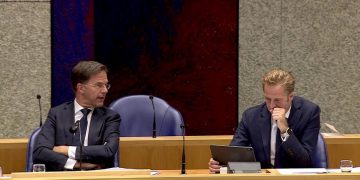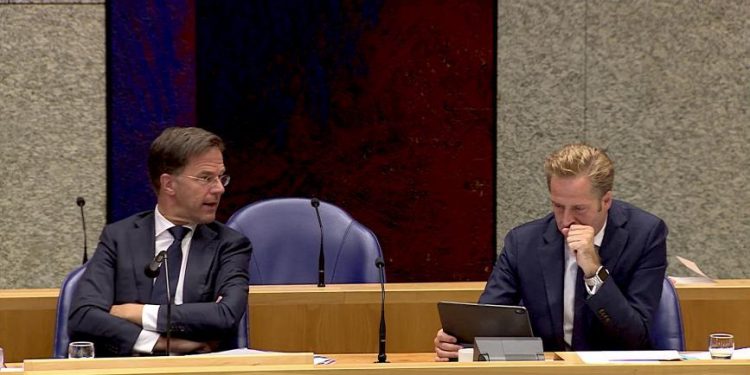NL – In providing coronavirus support loans and guarantees to companies, the government is not consistently following the rules meant to make sure that Ministers don’t take major risks with such financial transactions, the Court of Audit said on Wednesday, NOS and the Volkskrant report.
Over the past months, the government provided 62.7 billion euros in loans and guarantees, mainly to businesses and the healthcare sector. The Court of Audit evaluated the 22 cases of coronavirus support given up until August and concluded that the tightened rules were not complied with in half of the cases.
In 6 cases, Ministers did not use the mandatory assessment framework to determine whether a loan or guarantee was appropriate. In four cases, parliament only received all the information after it already agreed to the budgetary adjustments required for the loan or guarantee. In one case, the cabinet already implemented a risk regulation before parliament or the Senate could vote on it. The fact that haste was needed is no excuse for not informing parliament beforehand, the Court said.
These rules stem from the credit crisis in 2008, when the government made many commitments for guarantees and loans, which resulted in the state running risks involving billions of euros. That prompted a lot of political discussion, resulting in tightened rules so that the government won’t be allowed to simply take major financial risks.
According to the Court of Audit, an evaluation is necessary to see whether specific requirements should be set to risk management set up in times of crisis. Now it is unclear how much risk the Dutch State is running with the 62.7 billion euros in loans and guarantees. The cabinet can give no exact figures, but estimates that 2.6 billion euros won’t ever return to the treasury.


















